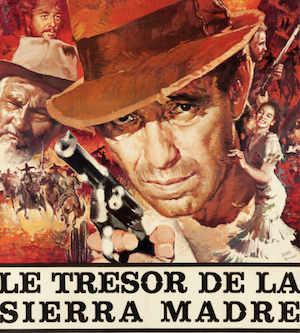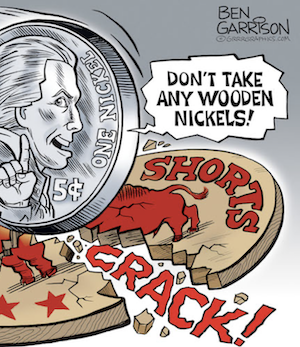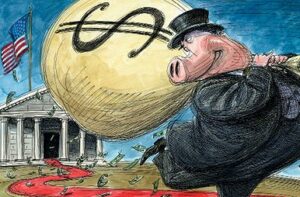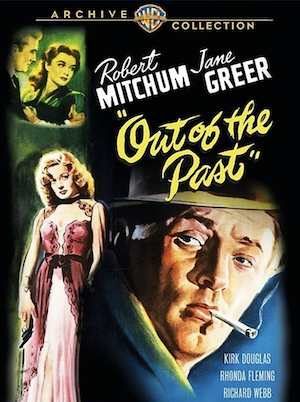 We grew up poor. I was the first son of married teenagers who lived in a three-room apartment in New York. My brother and I shared the bedroom and bunk beds until I was 12 and he was 9.
We grew up poor. I was the first son of married teenagers who lived in a three-room apartment in New York. My brother and I shared the bedroom and bunk beds until I was 12 and he was 9.
Our parents slept in the living room on a fold-out couch from Levitz. Our mother ironed patches over the knees of the jeans we bought at Sears not because that was the style, but because we couldn’t afford anything better.
Finally, about the time I hit my teenage years, we made it to lower middle class. I even got a couple pairs of Levi’s and Pro Keds as proof.
Fast forward 40-odd years. I’m not poor anymore. Yet I still find myself not trusting — or much liking — the rich. Maybe it’s envy.
Or maybe F. Scott Fitzgerald was correct in his story “The Rich Boy,” which begins, “Let me tell you about the very rich. They are different from you and me.’’
To which I’ll add, “In ways that can be annoying as hell.”
This is precisely why I’ve enjoyed watching Elon Musk, the world’s richest human, struggle as his latest toy — Twitter — falls apart. It’s also why I avoid news coverage of the British royal family, especially now-Californians Prince Harry and his wife, former TV actress Meghan Markle, the Duchess of Sussex.
Musk reminds me of a few fabulously wealthy folks I have worked for in my day job as a communications consultant.
A brilliant engineer who used his brain to make billions as the mind behind SpaceX and Tesla, Musk has confused his scientific genius and astonishing knack for making money with the ability to run the world’s most unruly social media cesspool.
Perhaps you’re familiar with the Peter Principle, a management concept that theorizes that workers rise in a hierarchy until they reach their level of incompetence — and there they stay.
Musk seems right about there with Twitter, doddering about as the self-proclaimed “chief Twit,” while his toy hemorrhages users, followers and cash.
Meanwhile, Musk’s every move — and his 10 kids, silly memes and personal bottom line, currently estimated by Forbes at $185 billion — churn out daily headlines that I work hard to ignore. At least with Musk, there are indisputable accomplishments in the tech and business worlds.
The Royals? If they’ve done much since they lost that war to George Washington, John Adam and Thomas Jefferson, et al., 245 years ago, I must have missed it.
Prince Harry and Meghan seem especially loathsome, given that both whine constantly about problems that are so far beyond “First World,” they’re not even of this galaxy.
Yet somehow a good number of folks seem fascinated: Netflix is releasing a tell-all doc on the pair as I write this, and Meghan’s podcast won a People’s Choice Award. People magazine — nope, not a subscriber — breathlessly reported on the couple “having a glamorous night out in New York City” in a story I passed on, along with everything else Sussex related.
Disliking the rich may not be a popular stance — newspapers are full of “news” about bajillion-dollar home purchases, massive sports salaries and profligate spending — but personally, I find the rich uninteresting until precisely the moment they aren’t so rich anymore.
One story I did read was about one of the wealthiest fellows in Arizona, Ernie Garcia III, whose personal bottom line dropped 98% this year as his company, Carvana, teeters near bankruptcy. He dropped from being worth about $7 billion to less than $120 million.
That I find fascinating. And sad.
Though now-multi-millionaire will probably make out just fine. Rich folks, I learned a long time ago, always do.
Written by David Leibowitz for West Valley View ~ December 19, 2022








